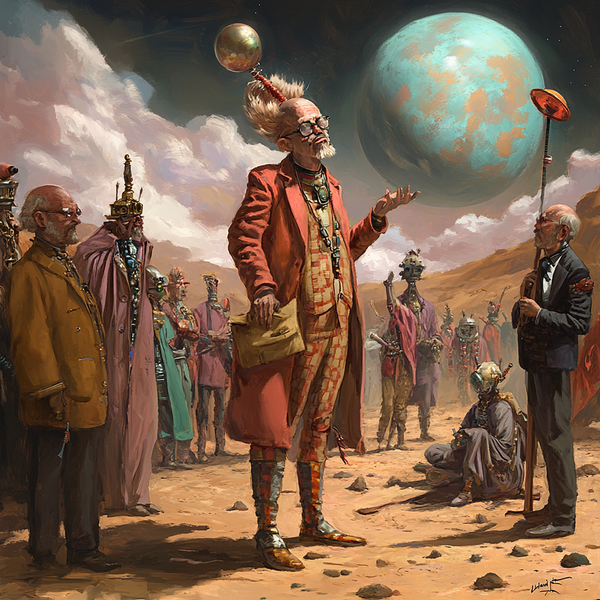The Visionary World of Philip K. Dick
Philip K. Dick (1928-1982) was a visionary sci-fi author known for exploring reality, identity, and technology. Notable works include “Do Androids Dream of Electric Sheep?” (the basis for “Blade Runner”), and “The Man in the High Castle.” His thought-provoking stories continue to inspire today.

Philip K. Dick was a prolific and influential science fiction author whose works have left an indelible mark on the genre and popular culture. Born in 1928 in Chicago, Dick’s imaginative storytelling and profound philosophical inquiries set him apart from his contemporaries. Over the course of his career, he penned 44 novels and over 120 short stories, exploring themes of reality, identity, and the nature of consciousness. His writing often delved into dystopian futures, alternate realities, and the impact of technology on society, making him a cornerstone of modern science fiction.
Dick’s ability to weave complex narratives that challenge the perception of reality is perhaps best exemplified in his novel “Do Androids Dream of Electric Sheep?” (1968). This work, which inspired the iconic film “Blade Runner,” presents a future where humans coexist with artificial beings, raising questions about what it means to be human. Similarly, his novel “The Man in the High Castle” (1962) explores an alternate history where the Axis powers won World War II, showcasing Dick’s talent for creating thought-provoking and unsettling worlds.
Throughout his career, Dick grappled with personal demons, including struggles with mental health and drug use, which often influenced his writing. His semi-autobiographical novel “A Scanner Darkly” (1977) offers a harrowing glimpse into the life of an undercover narcotics agent in a dystopian future, reflecting Dick’s own experiences with paranoia and substance abuse. Despite his turbulent life, Dick’s work continued to resonate with readers, earning him a devoted following and critical acclaim.
Philip K. Dick’s legacy extends beyond literature into film, television, and even philosophy. His stories have been adapted into numerous successful movies, such as “Total Recall” and “Minority Report,” bringing his visionary ideas to a broader audience. The themes he explored in his work—identity, reality, and the impact of technology—remain relevant today, continuing to inspire and provoke thought.
As we reflect on Dick’s contributions to science fiction, it becomes clear that his ability to blend the speculative with the philosophical has cemented his place as a literary titan. His explorations of alternate realities and the human condition challenge us to question the nature of our own existence, making his work as vital and engaging now as it was during his lifetime. Pulpfeed celebrates the enduring impact of Philip K. Dick, encouraging a new generation of readers to discover his extraordinary visions.




